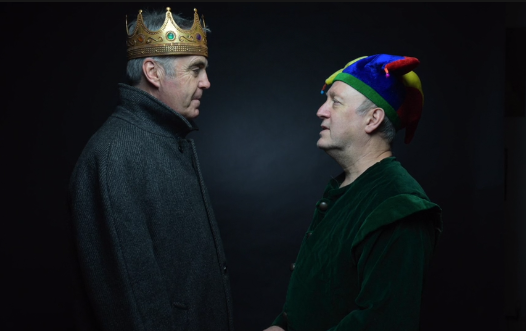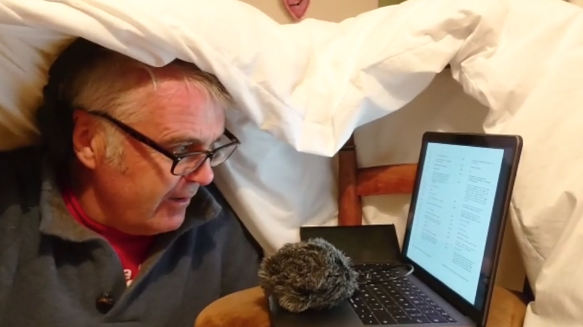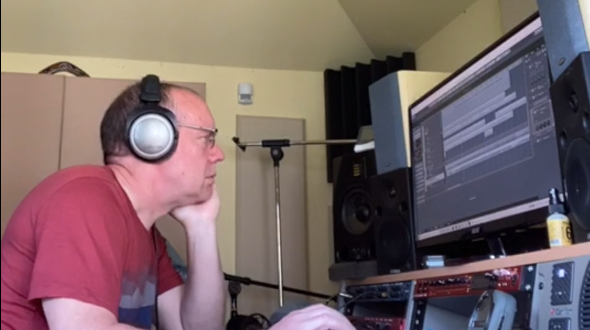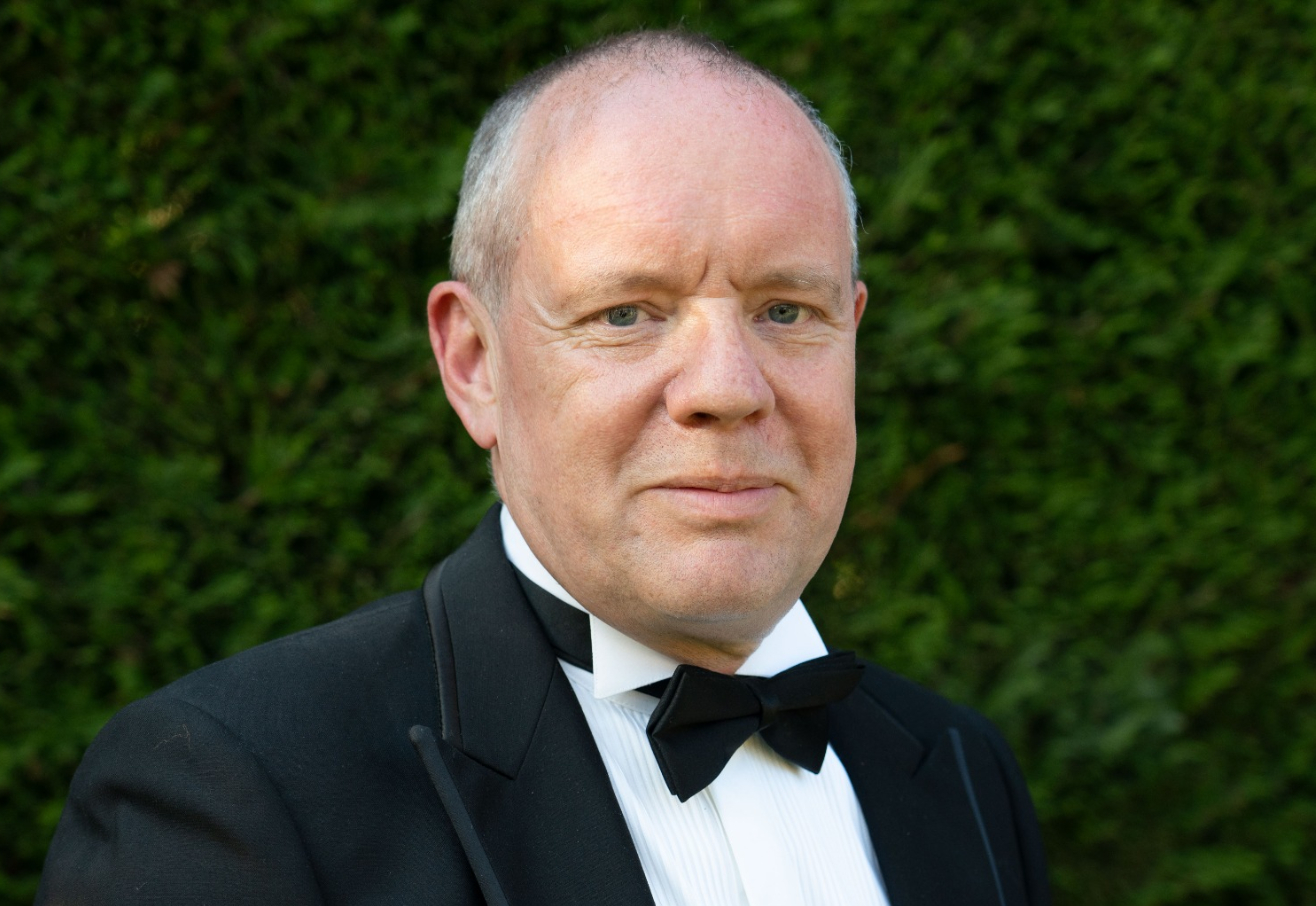Surrey students around the world are, I know, finding creative ways to cope with the Coronavirus lockdown, both to get the most out of their University programmes, but also to let of steam and carry on doing the things they love. It’s always good to hear about how fellow students are getting on, so I thought I’d share the story of how I directed a play in lockdown.
It’s not a stage play, of course, or at least this version isn’t. David Visick, a friend from way back when, wrote Waiting for Hamlet a couple of years ago – it’s a great piece and it won a prestigious award at the 2018 Windsor Fringe. In fact, he was about to take it on a UK tour, culminating at the Edinburgh Fringe in August.

Coronavirus put a stop to all that, but sometimes you’ve just got to play the hand you’ve been dealt. So we cooked up a plan to get the actors to record their parts remotely and I would then edit them into the finished product (I’m an MFA Creative Writing student but I also have a qualification in music production, which helps a bit).
What could possibly go wrong? Well, there were plenty of challenges, let’s say that. We wanted the audio version of Waiting for Hamlet to sound as professional as possible, and that meant not using phone mics, which are great as far as they go but they’re just not designed for this kind of thing. So we had to source external mics that would work with two different phones, and also apps that will record sound in sufficiently high quality to make a good edit.
I also had to ‘train’ the actors (Nicholas Collett and Tim Marriott, both of them skilled professionals) in the art of giving a lively performance while using a home-made recording booth consisting largely of piles of books and duvets. Every room has its own acoustic footprint – that’s sometimes fine when the actors are recording in the same space, but our ears are surprisingly good at detecting acoustic spaces and you can usually hear straight away when two people are not in the same room. The trick is to try to eliminate the room sound (reverberation) as much as possible.

They did their best, but Tim’s sound was noticeably brighter and more spacious than Nick’s so that required quite a lot of work on the desk before editing could begin (bat-eared Tonmeister students will probably still hear the difference).
What I wasn’t expecting when I got the files was just how much editing would be required to get the timing right. GSA students will know only too well how important it is to pick up on cues and to pace the dialogue properly – you can kill a gag or an emotional scene just by being a fraction of a second out. However, Nick and Tim were reading the play via Zoom, which is brilliant of course, but all of these systems introduce a lag between you saying something and the sound coming out at the other end. This is usually fine, but not when recording a play!
I had hoped that the lag would be consistent, meaning that I only had to shift the timing once and hey presto! But unfortunately, it varied during the recording, which meant thousands of small edits taking several days that I ought to have been spending on my dissertation. Never mind.

Then there was the matter of creating a ‘soundstage’ for the actors – which means giving the impression of them being in a particular environment, in this case a space without time, somewhere between the Earth, Heaven and Hell…
I also had to create some unusual sound effects, and as an aside write and record the theme music. So all in all, a brilliant way to see out some of the lockdown. It was frustrating at times, but I’m really privileged to have the equipment at home to enable me to do this, as well as a bit of unexpected time to do it in. I’m just glad that my hobby is not rugby or mountain climbing.
Anyway, if you’d like to listen to the play – I can say it’s brilliantly written, because I had nothing to do with that – then go to waitingforhamlet.com/listen. It’s only 45 minutes and we’d love to hear what you think. However, for just a taste of the play and some fun stuff we did (including a virtual premiere) you can click here.
The response has been amazing – we’ve had some incredible reviews. Fringereview.co.uk said it was ‘a real homage to Shakespeare’s writing, by a writer who obviously has a deep love for the play and has managed to give it a whole new dimension,’ and I was really happy to get a call-out as director on broadwayworld.com.
Most of all, it was a great opportunity to do something new and different. Funnily enough, the play itself is about the ghosts of King Hamlet and Yorick, trying to think their way out of a kind of eternal lockdown, so despite everything this project could hardly have been more timely! I hope all of my fellow students are safe and well. See you back on campus one day!

Author: Trevor Datson (Final Year, MFA Creative Writing)
